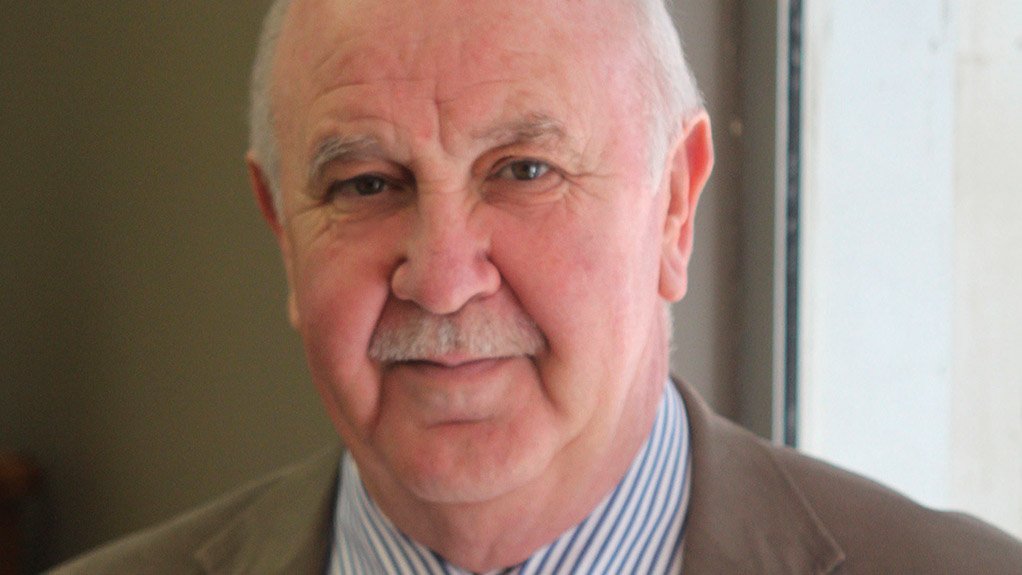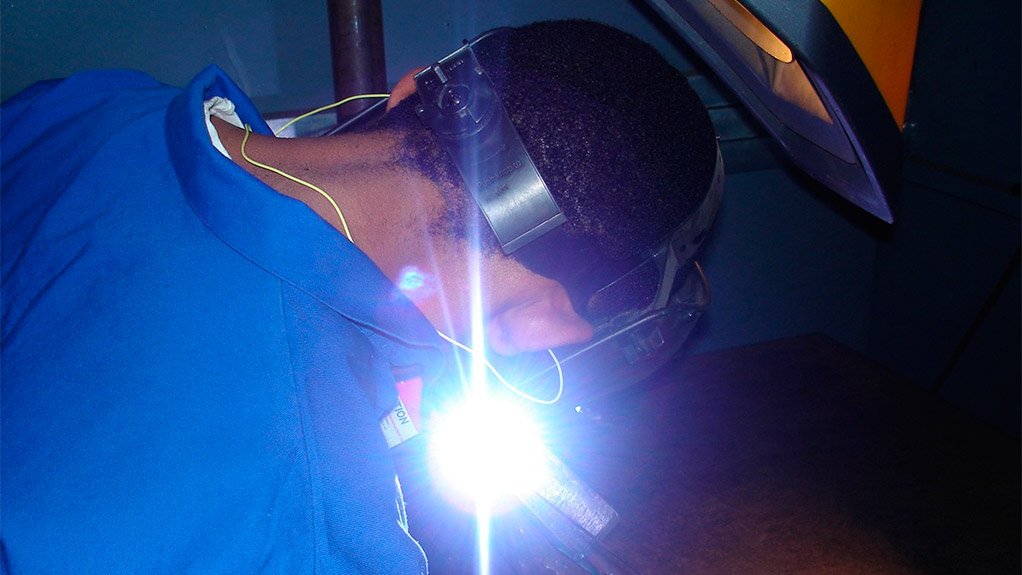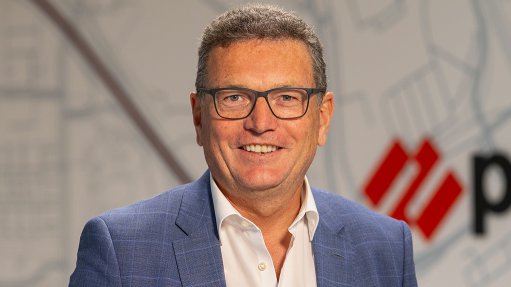SAIW director appointed chair of global body



JIM GUILD The first chairperson of the International Institute of Welding’s International Authorisation Board from outside of Europe or the US
NIVERSITIES CONTRIBUTION Local universities are offering engineering and technologist courses, which lead to the international welding qualifications
Nonprofit technical organisation Southern African Institute of Welding (SAIW) executive director Jim Guild was appointed chairperson of the International Institute of Welding’s (IIW’s) International Authorisation Board (IAB) at the IIW’s sixty-seventh annual assembly, held in Seoul, South Korea, in July.
He is the first chairperson of the IAB from outside Europe or the US.
“This appointment is a reflection of the good standing which South Africa and the SAIW have in the international welding community,” Guild says.
The IIW is the leading global authority on welding, with 67 member countries including most developed countries, such as the US, Canada and the UK, and developing countries such as the China, India and Brazil.
The IIW member countries interact to share results on research and development and their experiences in the application of welding, and to harmonise the training, qualification and certification of welding personnel.
The majority of IIW members participate in the IAB, which is the IIW’s body for developing and harmonising personnel training and certification activities as well as managing the IIW system for certification of company welding quality systems.
Guild says that the IIW company certification system is already “well entrenched” in the South African welding fabrication industry, with about 80 companies having certified quality systems based on the ISO 3834:2005 standard.
ISO 3834:2005 outlines the criteria that must be taken into account for the selection of the appropriate level of quality requirements for fusion welding of metallic materials.
“The IAB training systems cover all categories of personnel involved in the coordination of the welding process, including engineers, technologists, specialists, practitioners, quality control inspectors and welders themselves,” Guild says.
“In a world that is constantly getting smaller, we use international codes and standards to build our equipment and plants. “These codes and standards require that the people designing, fabricating and testing welded constructions are competent to do the work involved,” he says.
Guild adds that, with this in mind, the IAB works to develop guidelines for welding personnel, which include a training syllabus and examination and certification requirements.
“The IIW qualifications are increasingly being used as references in International Organ-isataion for Standardisation standards,” he states.
Skills Challenge
Meanwhile, Guild points out that the University of the Witwatersrand and the University of Pretoria, in Gauteng, are offering courses in engineering and for technologists, which lead to international welding engineer and international welding technologist qualifications.
“There now are a healthy number of welding engineers and technologists qualifying and feeding into the industry as a result,” he states.
Guild notes that the SAIW is also playing its part by filling the “middle ground” by training technologists, specialists, inspectors and practitioners in “good numbers”.
He says that it is in the area of welder training that there is a “fantastic opportunity” to make use of the IIW system.
“The IIW International Welder programme provides an ideal balance of theoretical training with high practical skills levels. “This has recently been confirmed by State-owned power utility Eskom and several other industry training initiatives.
“Since 2008, Eskom has put 600 young people through a comprehensive welder training programme – which incorporates the IIW programme in a manner aligned with the National Qualifications Framework (NQF) – and the graduates leave with IIW qualifications,” highlights Guild.
He believes that the IIW system should be incorporated into government’s training programmes.
“The International Welder programme should be included in the programmes for technical high school and further education [and training] colleges. This approach is increasingly being adopted elsewhere. Sweden, for example, is using industry standards as the cornerstone of government training programmes. “The involvement of the national welding institute in the examinations and practical testing of candidates ensures that suitable skills standards are maintained by graduates,” says Guild.
Article Enquiry
Email Article
Save Article
Feedback
To advertise email advertising@creamermedia.co.za or click here
Announcements
What's On
Subscribe to improve your user experience...
Option 1 (equivalent of R125 a month):
Receive a weekly copy of Creamer Media's Engineering News & Mining Weekly magazine
(print copy for those in South Africa and e-magazine for those outside of South Africa)
Receive daily email newsletters
Access to full search results
Access archive of magazine back copies
Access to Projects in Progress
Access to ONE Research Report of your choice in PDF format
Option 2 (equivalent of R375 a month):
All benefits from Option 1
PLUS
Access to Creamer Media's Research Channel Africa for ALL Research Reports, in PDF format, on various industrial and mining sectors
including Electricity; Water; Energy Transition; Hydrogen; Roads, Rail and Ports; Coal; Gold; Platinum; Battery Metals; etc.
Already a subscriber?
Forgotten your password?
Receive weekly copy of Creamer Media's Engineering News & Mining Weekly magazine (print copy for those in South Africa and e-magazine for those outside of South Africa)
➕
Recieve daily email newsletters
➕
Access to full search results
➕
Access archive of magazine back copies
➕
Access to Projects in Progress
➕
Access to ONE Research Report of your choice in PDF format
RESEARCH CHANNEL AFRICA
R4500 (equivalent of R375 a month)
SUBSCRIBEAll benefits from Option 1
➕
Access to Creamer Media's Research Channel Africa for ALL Research Reports on various industrial and mining sectors, in PDF format, including on:
Electricity
➕
Water
➕
Energy Transition
➕
Hydrogen
➕
Roads, Rail and Ports
➕
Coal
➕
Gold
➕
Platinum
➕
Battery Metals
➕
etc.
Receive all benefits from Option 1 or Option 2 delivered to numerous people at your company
➕
Multiple User names and Passwords for simultaneous log-ins
➕
Intranet integration access to all in your organisation



















